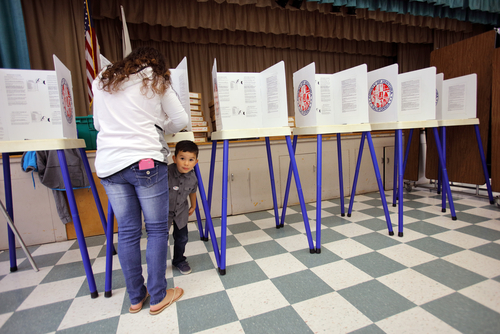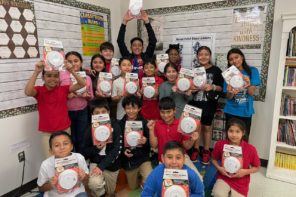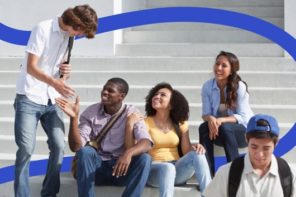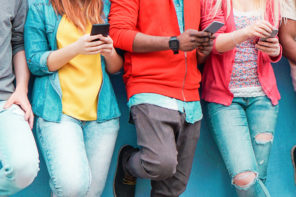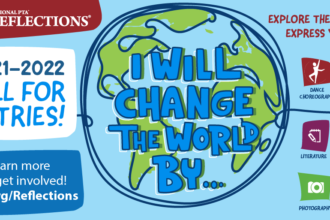In the spring, during the primaries, my 7-year-old daughter came home fired up, talking about how if she could vote whom she would vote for and listing out the negative aspects of the candidate from the other party.
While I was paying attention to the election, but I had not discussed the primaries with my children. Where did she get this view from? Another girl in her first grade classroom. Fortunately for me, her friends’ parents and I have similar political views.
However, I took this opportunity to talk with my daughter about the candidates, their views and how they fit with my personal opinions in a basic way. I also clarified any misconceptions.
In July, my 10-year-old son and I watched part of the conventions for both parties. It gave us the opportunity to discuss the views of each of the parties and how words can be turned to present anything in a positive or negative way. Those weeks in the summer also gave us a chance to talk about issues of importance to him, like the environment.
Part of being a good citizen is exercising our right to vote.
It is important for our children to know that we are making informed decisions that are based on our personal values when we step into the voting booth.
I don’t want my children to grow up feeling like they have to vote in the same way that I or my husband vote. I want them to be able to form their own decisions about the best candidates. My children need to understand why they support a candidate, not simply: My mom believes this or my dad believes this, so I do too.
As parents, what can we do to help our children understand the political process? By late elementary school our children understand the basic values we have instilled upon them for so many years.
We can have discussions about why we believe what we do, why we support different candidates or issues. Show your child the websites of the candidates and look at the issues that are most important to you and to them. Our children are curious young citizens.
On Election Day, my children will join me as I cast my vote.
As we stand in line I will talk to them about the importance of voting. After I place the vote I will explain to them why I voted for the individuals I selected and perhaps why I did not select the others.
That evening we will watch some of the election returns, but I imagine this November 8 will be a late night, too late for them to stay up. I hope by the next morning I will be able to share with them the winner of the elections.
Following the election, we will talk about the steps that the President Elect will be taking to organize the government under his or her leadership. On Inauguration Day we will watch as our new president is sworn in, followed by the parade and maybe some of the Inaugural Ball coverage. I want my children to remember these moments, it is our shared history as Americans.
Our children to feel positive about the impact they can have in society. Before we know it, our children will be voting, and we want to make sure that they are informed voters. They may be deciding our futures one day, and we want them to make good choices for us, for them and for our grandchildren.
Allison Young is a High School Social Studies teacher and parent to a second and fifth grader.

